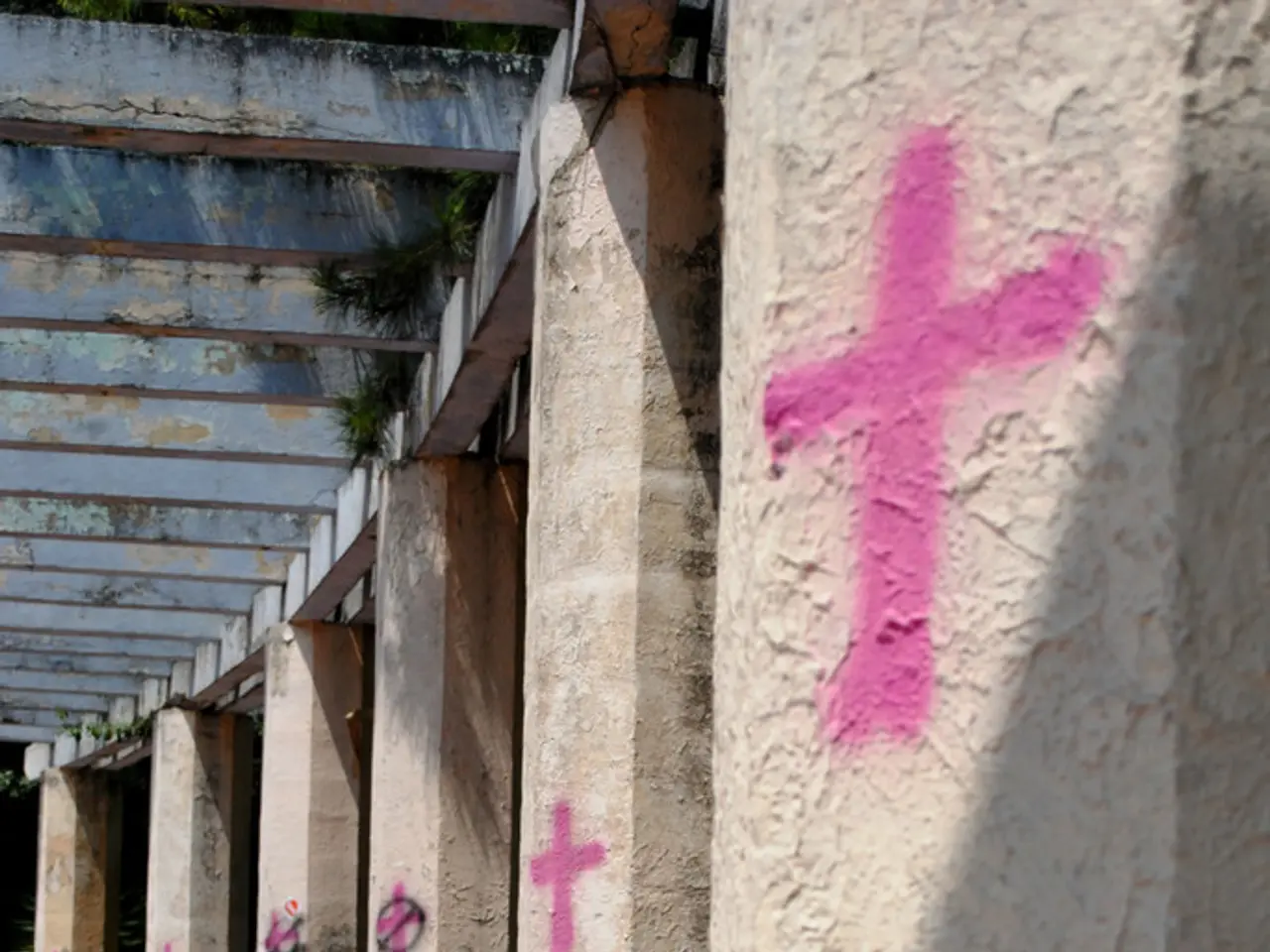Portugal's Elections: PSD Wins Narrowly as PS Loses Seats and Far-Right Gains
Portugal's parliamentary elections on 10 March saw a significant shift in political landscape. The Social Democratic Party (PSD) won narrowly, barely improving its situation. Meanwhile, the Socialist Party (PS) lost a third of its seats, and the hard-right party Chega, led by André Ventura, emerged as a major force.
Portugal faces demographic challenges, with only 1.4 children per couple and a third of the population retired. This demographic winter, coupled with an aging population, is straining the social security system due to lack of investment. Many qualified young people are leaving Portugal for better job opportunities elsewhere in Europe, contributing to the country's population decline, which is among the highest in the EU.
The election results reflect these societal issues. The PSD's narrow victory indicates a divided electorate. The PS's significant loss signals discontent, possibly due to its handling of these challenges. Chega's rise, quadrupling its seats, suggests a growing demand for hard-right policies.
Portugal's political and demographic landscapes are evolving rapidly. The PSD's narrow victory signals a need for unity and effective governance. The PS's loss and Chega's rise underscore the urgency of addressing demographic challenges and youth emigration. Portuguese Christians and churches are urged to engage in 'social evangelism' to support struggling families and renew church leadership.







